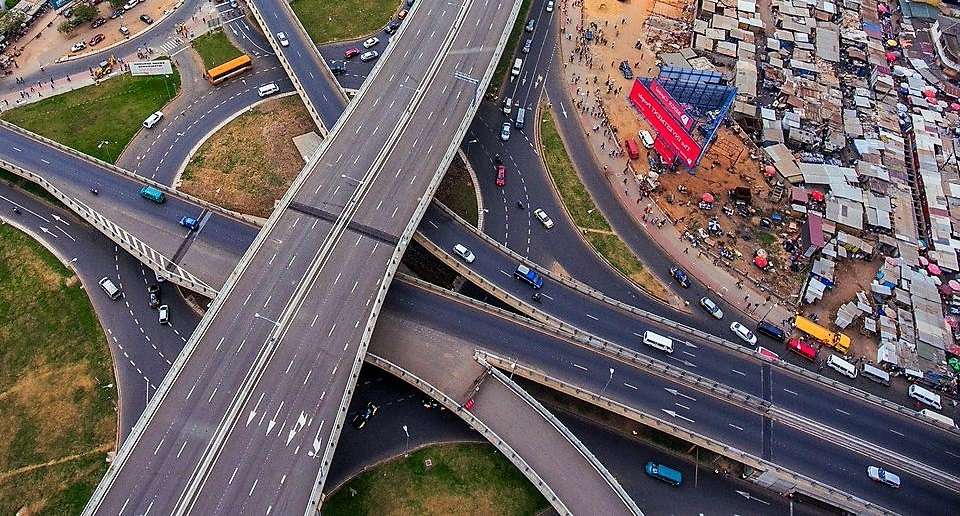Franklin Cudjoe, President of IMANI Africa, has strongly criticized Ghana’s handling of COVID-19 funds, citing allegations of misuse and misallocation of resources.
According to Franklin Cudjoe, the benefits Ghana received in response to COVID-19 were disproportionately large, despite the country only experiencing a relatively moderate impact of around 20% from the pandemic.
He observed that the COVID-19 funds in Ghana were largely abused, with some squandered on shady projects, others reserved for equally suspect future endeavors, and a portion improperly shared among political party members.
“Ukraine’s sacked Minister of Defense paid 46 cents for eggs when the market price was 5 cents. Paid $86 for a military coat from Turkey when the real price was $29”.
“Economist Nii Moi Thompson says to remind you that this government ‘mobilized a total of GHc27 billion, including $2 billion from the IMF in 2020 and 2021, and spent only 40% of the GHc27 billion on Covid [as seen from the Special Audit of Covid funds.”
Franklin Cudjoe
Franklin Cudjoe further questioned the fate of the remaining COVID-19 funds, asking what had become of the unaccounted-for money.
He also expressed puzzlement over why Ghanaians were still being burdened with a COVID-19 levy and why the country was seeking an additional $3 billion from the IMF, despite the initial influx of funds.
Franklin Cudjoe further criticized Ghana’s increasing reliance on loans, specifically singling out the Eurobond debt, which adds to the country’s already substantial loan burdens.
He pointed out that Ghana’s borrowing has accelerated dramatically under the Akufo-Addo administration, with $11 billion of the total $15.5 billion debt accumulated since 2007 being borrowed in just three years, from 2018 to 2021.
Franklin Cudjoe indicated that the government’s claim that the funds were used for infrastructure development is contradicted by its own budget records, exposing this assertion as a falsehood.
Infrastructure Spending Falls Short
Furthermore, Franklin Cudjoe noted that, from 2017 to 2020, actual infrastructure spending consistently fell short of budgeted amounts by an average of 10% per year.
He indicated that in contrast, between 2013 and 2016, infrastructure spending had exceeded budgeted amounts by approximately 3% each year, highlighting a significant decline in recent years.

“And all over the country, communities are protesting against poor roads, crumbling schools and hospitals, and projects abandoned by contractors because they have not been paid”.
“And just when elections are three months away, something called DRIP, a top-heavy opaquely procured infrastructure project to smoothen roads in all districts has been rolled out”.
Franklin Cudjoe
Franklin Cudjoe is seeking clarity on the funding source for the DRIP initiative, as the available financial records suggest a mismatch between allocated funds and actual spending on infrastructure projects.
Franklin Cudjoe claimed that contrary to popular expectations, the COVID-19 pandemic did not bring any significant financial benefits to Ghana’s public coffers, challenging the common perception of a windfall.
“We spent less than half of the money mobilized for it”. – Franklin Cudjoe
Franklin Cudjoe pointed out that, ironically, the government’s own data shows that Ghana actually surpassed its tax revenue projections in 2020, contrary to expectations of a pandemic-induced shortfall.
He pinpointed mismanagement and corruption as the exclusive drivers of Ghana’s economic crisis, absolving external factors and emphasizing the need for internal reform.
Franklin Cudjoe maintained that the primary causes of Ghana’s economic woes are self-inflicted, stemming from entrenched mismanagement and corruption and that meaningful reform must focus on these internal weaknesses
He observed that even in times of war and national crisis, some politicians continue to prioritize personal gain over public interest, highlighting the pervasive nature of corruption.
He sharply criticized the government for its failure to effectively address the galamsey menace, despite having been in office for almost eight years, which he sees as a clear indication of incompetence.
READ ALSO: ‘Poisoned Water With Waterless Ghana’, Nkrumah’s Legacy Betrayed




















